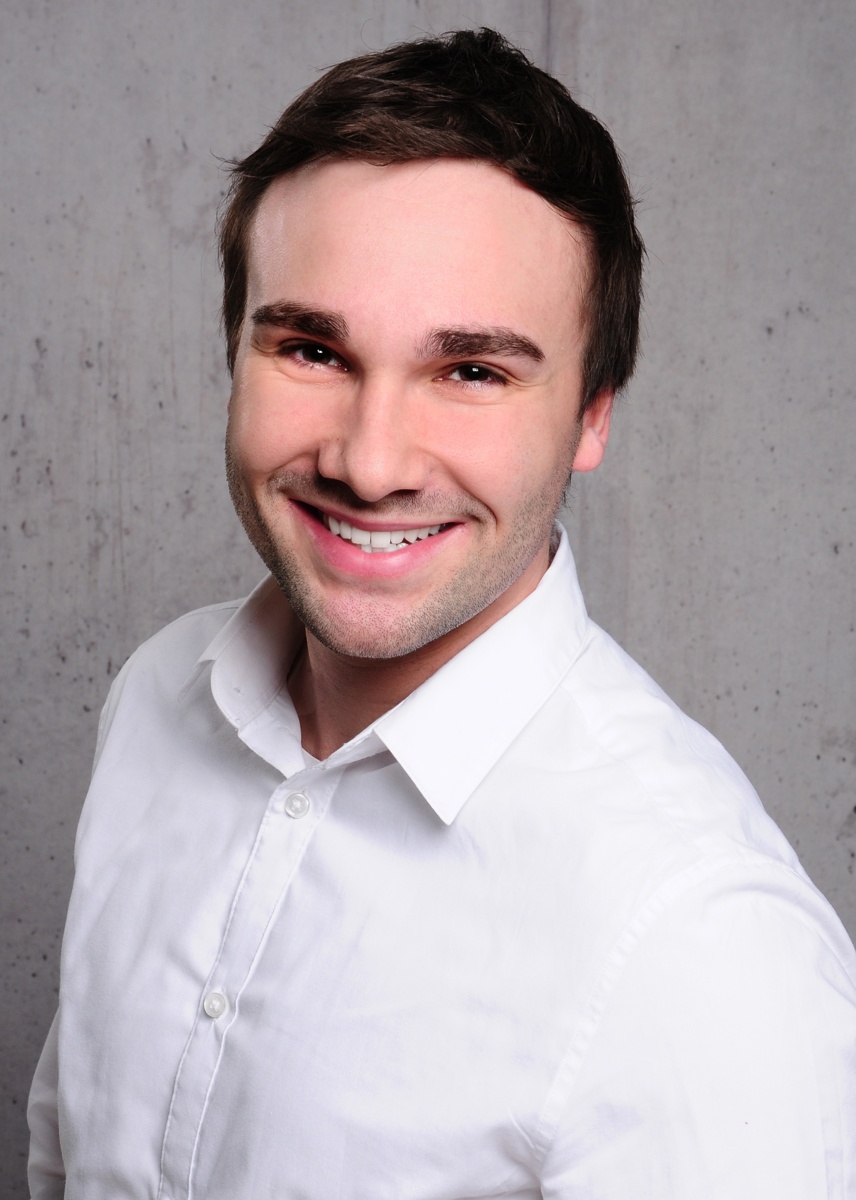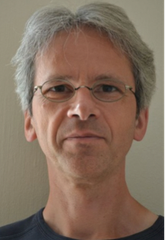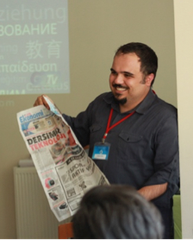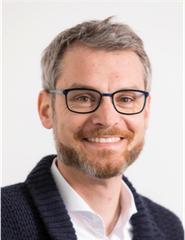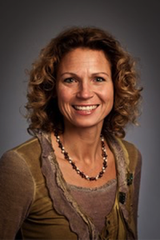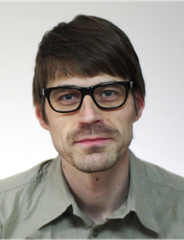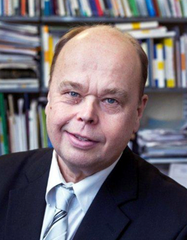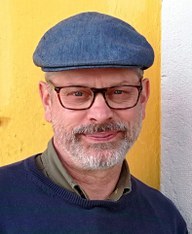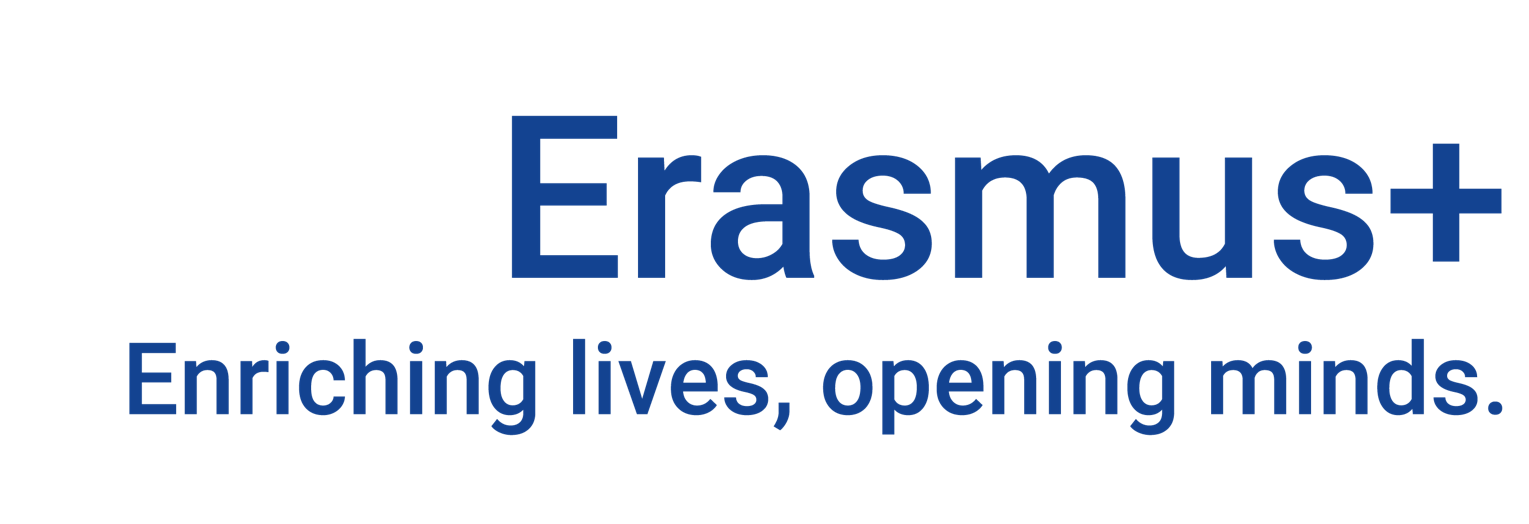For years, research and policy have been calling for science teaching that motivates student learning through relevant phenomena and problems, provides students with opportunities for meaningful peer collaboration, and focuses on building a need-to-know about a small set of core science ideas during a series of connected learning experiences.
We refer to such instruction as "coherent", and while coherent instruction has long been advocated within science teacher education programs, new teachers struggle to implement pedagogical approaches emphasized within science teacher education programs and abandon those in favor of more traditional methods.
In a recent project called PICoSTE, partners collaborated to identify promising practices for helping new science teachers to enact coherent science instruction, and we recognized that while planning and reflection tools have the potential to function as powerful bridging elements between university-based courses and school-based field experiences, a consistent and coherent set of planning and reflection tools for science teacher education in a European context did not exist.
The central objective of this project is to design and test a suite of planning and reflection tools as well as associated learning modules for supporting preservice teachers in both better understanding the principles of coherent science instruction and enacting coherent science instruction in schools. Partners in this project include a group of science teacher educators from Germany (Leibniz Institute for Science and Mathematics Education (IPN), University of Duisburg-Essen), Norway (University of Bergen), Sweden (Halmstad University), Denmark (University of Copenhagen), Finland (University of Helsinki), and Turkey (Usak University). Project leaders at each institution have extensive experience in science teacher education and the design and enactment of coherent science instruction, and project teams include university-based master teachers, school-based mentor teachers, and research specialists responsible for designing and empirically testing tools and modules developed within the project. The planning and reflection tools and science teacher education learning modules are developed and tested using an iterative design-based, outcome-driven process.
To begin this process, we clarify outcomes by collaborating on the creation of a core ideas framework for coherent science instruction, which is based on existing research literature and policy documents. This framework guides the identification of observable target performances and the elaboration of benchmarks on the way to meet those target performances. These benchmarks then guide the development process and provide a roadmap for conducting ongoing formative assessment that informs iterations based on evidence and feedback from stakeholders (e.g., preservice science teachers, mentor teachers). This design process results in tools and modules that are consistent and coherent with each other and have been tested and revised through practice. The developed tools and modules will finally be discussed and shared among local, national, and EU stakeholders for science teacher education.
The central objective of this project is to provide new science teachers with a coherent set of learning experiences and a consistent set of concrete planning and reflection tools that will help span the current chasm between university-based science teacher education, school science instruction, and ministry goals. Through these efforts, we hope to progress toward the ultimate goal of broadening school students' access to science instruction that is more engaging, more comprehensible, and more meaningful to their lives outside of school.





